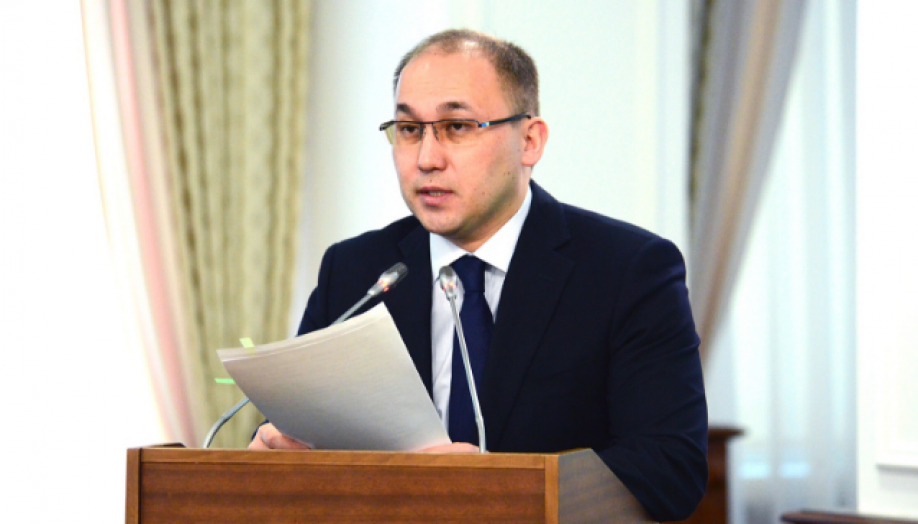ASTANA – Smart city technologies are being introduced in the country’s five largest cities – Aktobe, Almaty, Astana, Karaganda and Shymkent – as part of the Digital Kazakhstan programme, said Minister of Information and Communications Dauren Abayev at a Dec. 26 government meeting.
The concept is designed to improve the efficiency of all city services, as people and their needs lie at the heart of its mission. Comfort, safety, efficiency and environmental friendliness are the key characteristics of smart cities.
The standard, developed as part of the state programme, includes projects using the Internet of Things, artificial intelligence and other advanced technologies. The document also defines the fundamental principles, approaches, goals, priorities and tasks to implement smart technologies.
“Many organisations and independent experts are currently engaged in assessing the implemented models of smart cities and make ratings of smart cities. Participation in these ratings will make the city not only a popular travel destination, but develop and implement the best technologies to effectively address the most diverse problems of urban development. In this regard, the system was developed for assessing key performance indicators to assess the region’s readiness and its decision to enter the world ratings,” said Abayev.
Employee trainings were conducted in the regions and the criteria for assessing the project initiative execution, pilot zones by regions and road map projects 2018 were defined.
Local executive bodies are responsible for project application. The priorities are improving the quality of life, increasing the share of e-government services, entry into the smart city international ratings, implementing initiative projects according to the smart city concept and stimulating paperless interaction in G2G, B2B and G2B segments. The initial steps include launching a laboratory, forming a working group, approving road maps and creating a competence centre.
“The projects will be implemented as part of the public-private partnership, informatisation model, budget financing and private investment. The projects will be launched using benchmarking; that is, with an orientation toward the best world and domestic practices,” said Abayev.
The national standards for smart cities based on international standards were also developed and approved. They provide unified requirements for fundamentally new opportunities for urban management and a high level of security and services through innovative solutions in energy saving, housing and communal services, transport, education, health, environment and information technology.
The collaborative innovation will be the main mechanism as the format of interaction between state bodies and private organisations, which will gradually develop new improved solutions, approaches and necessary changes in laws and regulations.
The special map will be developed to access smart city projects. The evaluation will be assigned to each industry based on compliance with the standard indicators.

